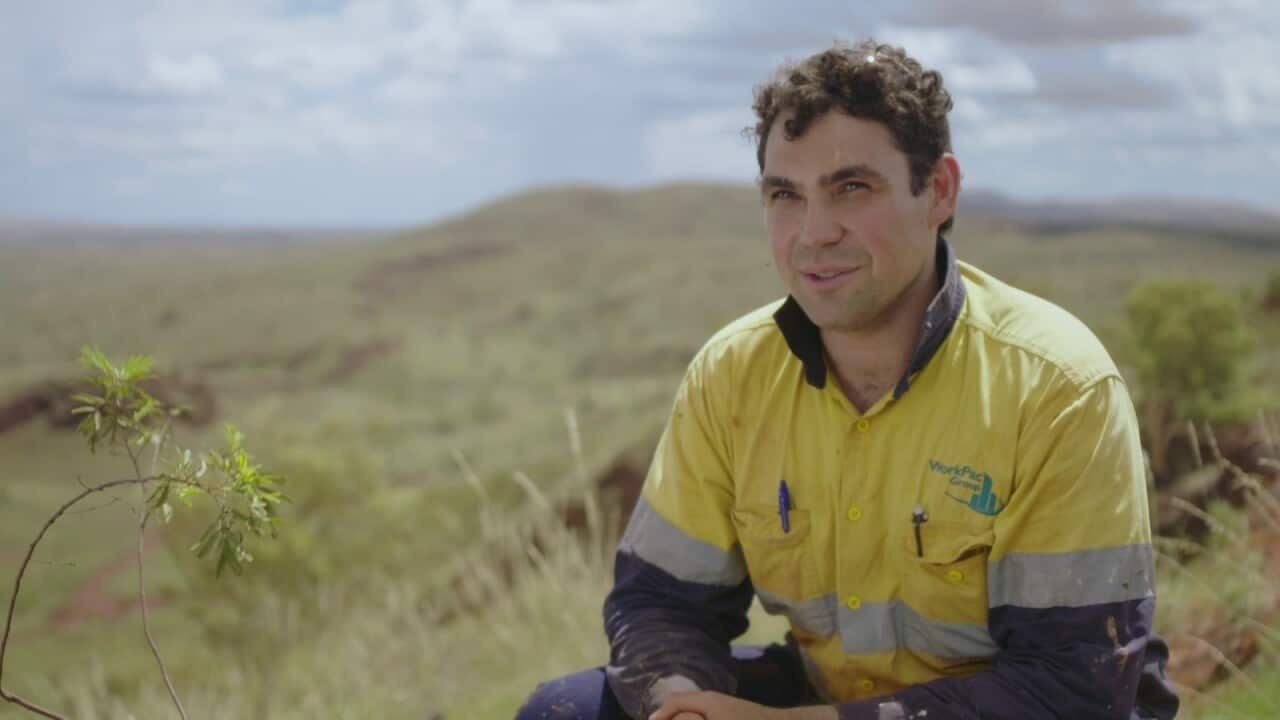To reduce the spread of the coronavirus many schools in Australia were forced to move to remote, online learning. As a result, many teachers across the sector have needed to significantly reconfigure their teaching practices at very short notice.
We asked teachers what it’s been like for them during the pandemic.

“This whole pandemic has been a roller coaster but teaching throughout it has been the death drop.” PDHPE teacher.
“We started the year with so many plans - musicals, camps, excursions, swimming carnivals, concerts... one by one they keep falling off the calendar, yet another thing that students and staff have been looking forward to… they are the reason many students remain engaged with school, so losing them has been really tough.” An English teacher.
A recent survey found that teachers have experienced a significant increase in their workload since the start of the pandemic. In their responses to us, some of the other areas teachers expressed concerns about were technical issues while teaching remotely, difficulties of negotiating social-distancing when some schools returned to normal and hygiene maintenance.
“I recall the frenzy from staff about learning online technology programs and going onto [the] classroom and trying to still engage with whatever students they could. Admin was being extremely inundated with parents requesting work to be sent home when the staff weren’t even sure what was needing to be done...” A teacher in NSW.
“The VAST amount of work and support for all staff and students falls on us… the system admins and IT staff. It’s brutal. I haven’t had a day off since March. I’m beyond burned out both physically and mentally. I never knew people could be so needy, angry and hateful, but what choice do we have?” System admin from VIC.
“At university, they teach you about effective assessment and teaching pedagogies. The importance of modifying your work to adapt to those students with special needs, incorporating ICT to your lessons and building teacher-student relationships. They prepare you for interviews and give you a spill about how exhausting your first year will be. You just laugh it off and think "how hard could it really be" ... then you get there - everything changes, and your four years of studying feels like a lifetime ago.” First year graduate teacher.
“Having parents beg me to allow their children back at school broke my heart. Having parents ring to ask me to berate their children over the phone for not working was challenging to navigate. Not hearing from. Some families at all during a week kept me awake at night with worry. Were they safe? Having families send me photos of their children doing the work I set made my heart soar.” – A teacher in Queensland.
“When we first did remote learning in March, I was working at least 15 hrs a day while my own children basically educated themselves after a quick run through of their work early in the morning. I needed to be on and off zoom about 5 times a day with class, staff, conferences etc. I needed to learn how to use all of the new technology needed which took time… When we returned, I was relieved to see my class but dreadfully concerned about my own safety. I felt that in the community we were told to social distance, wear masks etc... BUT then schools were exempt to everything like that.” – A teacher from VIC.
With Victoria’s second outbreak of coronavirus taking place, schools in the state have moved to remote and flexible learning from Wednesday 5 August. Some schools will remain open for vulnerable children and children of permitted workers.
“Our first lockdown was fab, children were resilient, grew in their independence, families were supportive, we had fully scheduled six-hour school days and the school was full of praise for what we were doing. Second lockdown has been a complete 180...”– A teacher in Victoria.
“My personal experience since about March has led me to the decision that I will leave teaching at the end of this year.”A current teacher.
“It’s definitely been an experience and I believe all the staff I worked with have powered through with amazing bravery and strength. Many of them dealt with their own issues through this time as well (I had to postpone my wedding!) and still showed up to work and taught these beautiful children.” - Preschool teacher ACT.
“Teaching through this period has been exhausting but valuable for many reasons.” - A teacher in Victoria.
People in Australia must stay at least 1.5 metres away from others. Check your state’s restrictions on gathering limits.
If you are experiencing cold or flu symptoms, stay home and arrange a test by calling your doctor or contact the Coronavirus Health Information Hotline on 1800 020 080.
News and information is available in 63 languages at sbs.com.au/coronavirus
Metropolitan Melbourne residents are subject to Stage 4 restrictions and must comply with a curfew between the hours of 8pm and 5am. During the curfew, people in Melbourne can only leave their house for work, and essential health, care or safety reasons.
Between 5am and 8pm, people in Melbourne can leave the home for exercise, to shop for necessary goods and services, for work, for health care, or to care for a sick or elderly relative.
The full list of restrictions can be found here.
All Victorians must wear a face covering when they leave home, no matter where they live.
Teachers, find curriculum-aligned and ready-to-use resources with SBS Learn. Made by teachers, for teachers, SBS Learn helps you explore multiculturalism, Indigenous history, homelessness, and more in your classroom.
Insight is Australia's leading forum for debate and powerful first-person stories offering a unique perspective on the way we live. Read more about Insight
Have a story or comment? Contact Us



